Africa: Journals & Articles
Further resources, if available, can be found in our full bibliography.
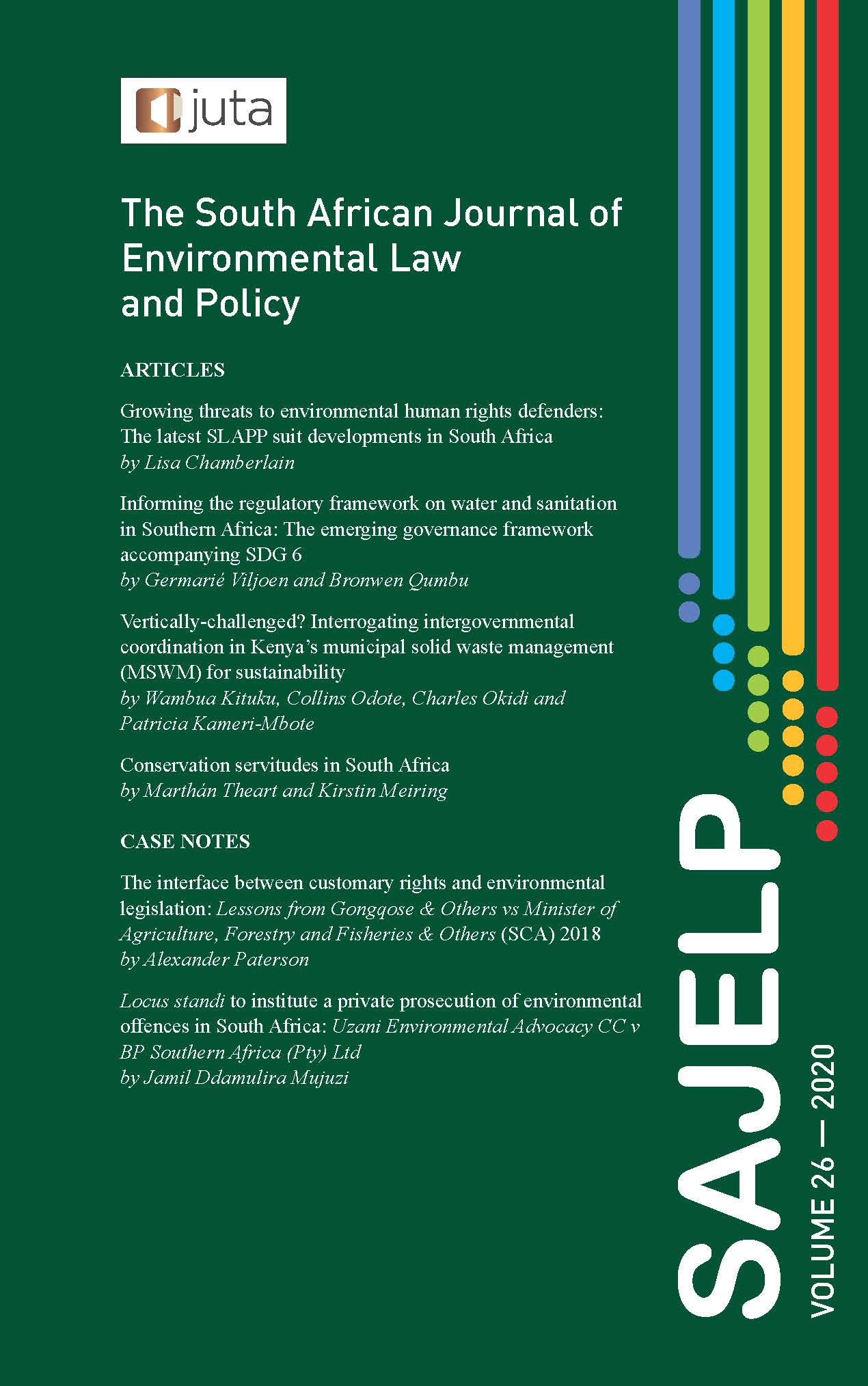
The South African Journal of Environmental Law and Policy is a peer reviewed journal which publishes contributions related to environmental law and policy. It provides a forum for scholars and practitioners from South Africa and around the world to reflect on issues of significance locally and internationally.
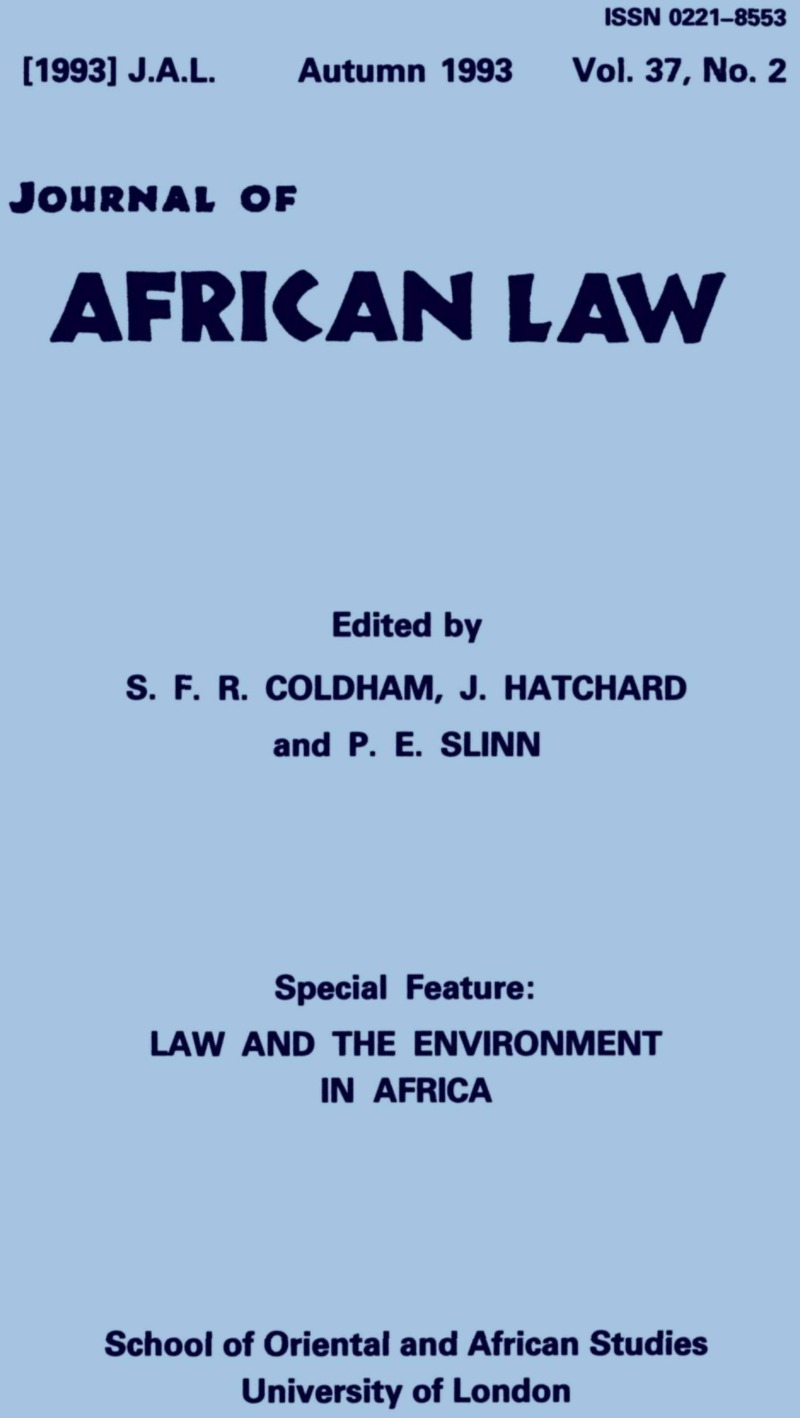
Journal of African Law (Special Issue: Law and the Environment in Africa)
S. F. R. Coldham et al.
Autumn 1993
This special issue explores how legal systems respond to environmental and governance challenges throughout the African continent. Articles address land tenure, constitutional reform, company regulation, community rights, and conservation. Authors address tensions between postcolonial legal frameworks and Indigenous knowledge systems, while at the same time considering the role of law to shape resource management and ecological protection across multiple African contexts.
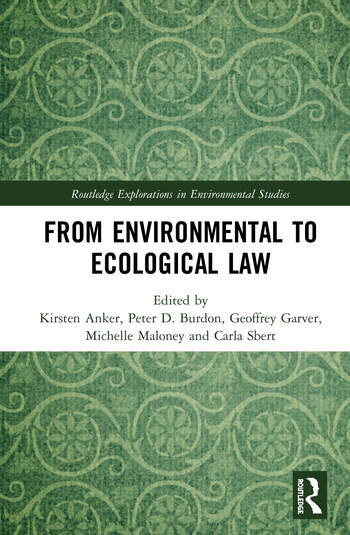
"African eco-philosophy on forests: A path worth exploring for the implementation of Earth jurisprudence"
Ngozi Finette Unuigbe
Kirsten Anker et al.
African environmental ethics stress the interconnectedness of all beings and the moral obligation humans have toward nature. Though increasingly marginalized, these ethics, particularly those related to forests, offer valuable insights for environmental sustainability. The chapter advocates for incorporating African traditional ethical perspectives into Earth Jurisprudence, helping combat climate change and contributing to global environmental efforts.
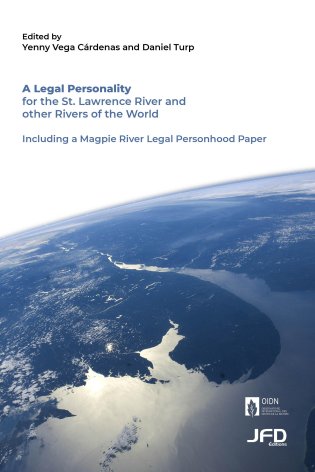
"Rights of Nature, an emerging approach to the many challenges of water management in Africa"
Sokhna Sene
Yenny Vega Cárdenas, Daniel Turp
This chapter explores how the concept of “Nature’s rights” can address water management challenges in Africa. While not a comprehensive study, it examines how adopting a rights of Nature perspective might reframe persistent water issues on the continent. The author argues that integrating this perspective can strengthen and complement existing water management approaches, which offers new solutions for Africa’s environmental governance.
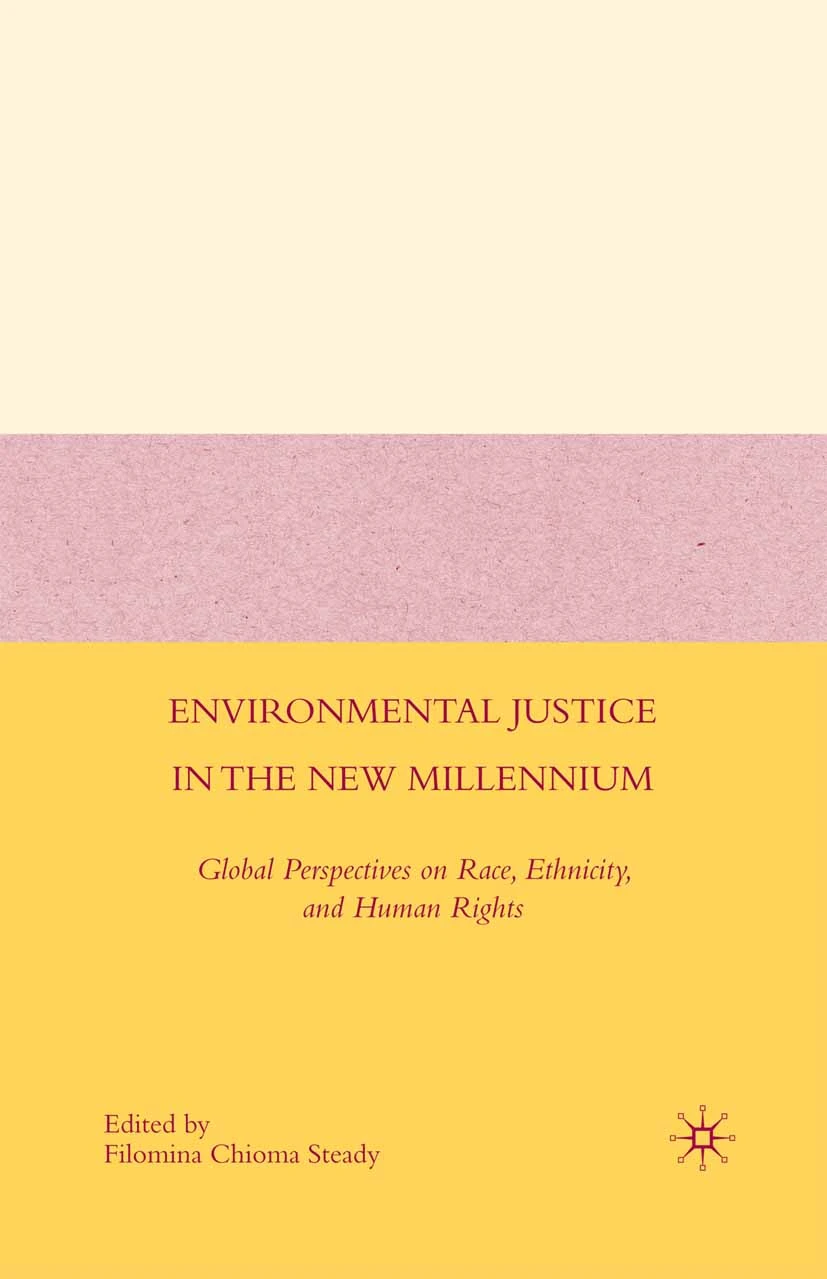
"Environmental Justice Cross-Culturally: Theory and Praxis in the African Diaspora and in Africa"
Filomina Chioma Steady
Filomina Chioma Steady
This chapter links environmental justice with environmental racism, highlighting racial and class disparities in environmental quality. It critiques the historic neglect of environmental justice by mainstream environmental movements. The chapter emphasizes how Earth Jurisprudence, when applied to environmental justice, can address the disproportionate environmental burdens faced by marginalized communities of color and poor people.
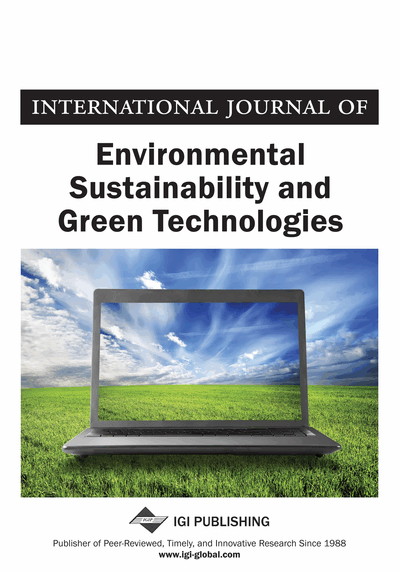
A Portraiture of Environmental Justice in Communities of Concern: Protecting Africa While Achieving Sustainable Development
Olalekan Moyosore Lalude
Environmental justice provides a vital framework for addressing environmental inequities and climate vulnerability, especially in African contexts. Originating as a response to environmental racism in the U.S., the concept has expanded globally, exposing how marginalized communities, particularly in the Global South, bear the brunt of pollution, climate change, and toxic trade practices. African countries like Mozambique, Nigeria, and Côte d’Ivoire illustrate this disproportionate impact with vulnerability to droughts, floods, e-waste pollution, and conflict over natural resources. This article links human rights and environmental justice with the invite to create inclusive development models that support green industries in affected communities.

This article presents the work of the African Earth Jurisprudence Collective, a network supporting traditional communities in reviving Earth-centred governance rooted in ancestral knowledge, sacred natural sites, and customary law. Drawing from Thomas Berry’s concepts of Earth Jurisprudence, this network calls for decolonised, ecological legal systems. Case studies from Uganda, Benin, and others highlight community-led efforts that blend spiritual, legal, and environmental renewal across Africa, and concludes by advocating for legal recognition of Indigenous governance as essential to ecological resilience and justice.
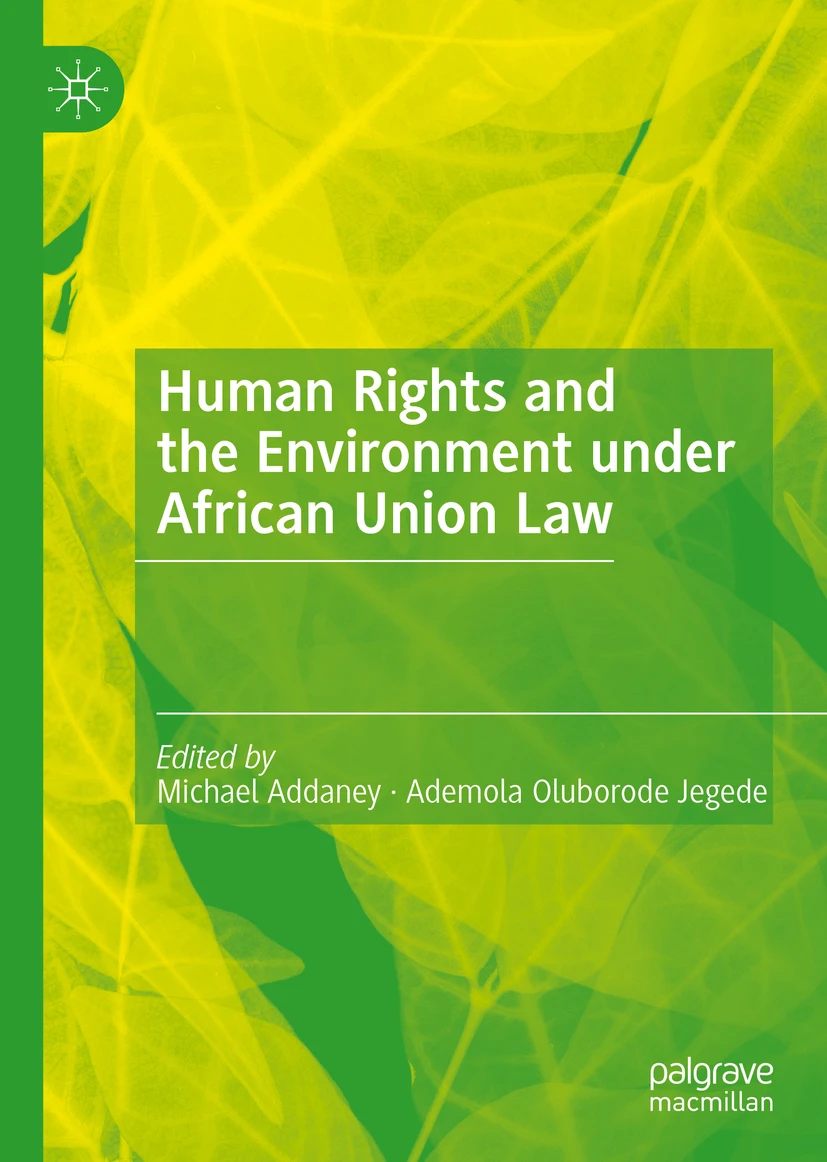
"The Legal Rights of Natural Entities: African Approaches to the Recognition of Rights of Nature"
Oluwabusayo Temitope Wuraola
Michael Addaney, Ademola Oluborode Jegede
This chapter explores the growth of ecocentric approaches to protecting non-human entities and the increasing global trend of granting legal personhood to such entities. It questions whether these concepts can shift Africa’s anthropocentric view to an ecocentric one. Using doctrinal research, the chapter analyzes current African protections for non-human entities, comparing them to global legal personhood models, and assesses the viability of adopting these concepts in Africa.

Securing the blue: political ecologies of the blue economy in Africa
John Childs, Christina C. Hicks
Part of the special section “Political Ecologies of the Blue Economy in Africa,” this article explores how the Blue Economy–an ocean-based development model aiming to balance economic growth with ecological sustainability–relies on logics of security. Through a political ecology lens, the authors trace how marine spaces are economically valued, militarized, and surveilled. These processes unfold unevenly across African coasts, revealing tensions between resource accumulation, sovereignty, and justice.

Animal Law in South Africa: "Until the lions have their own lawyers, the law will continue to protect the hunter"
Amy P. Wilson
Animal law remains unrecognized as a distinct legal field in South Africa, despite the country’s deep ties to animals. This article introduces the field, critiques the legal system’s failure to protect both humans and animals, and examines current laws and case studies. The author argues for integrating animal interests with human concerns and outlines pathways for future legal reform. For an English version, click on “Lengua” in the top right of the screen.
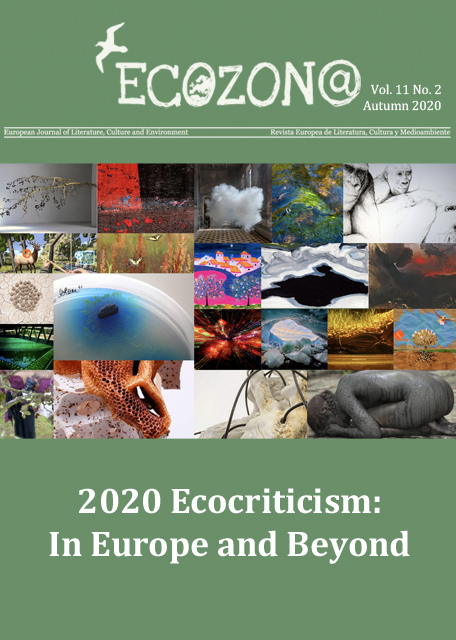
Out of Africa: Ecocriticism beyond environmental justice
Sule Emmanuel Egya
This essay is an invitation for a broader, more holistic approach to African ecocriticism. Current scholarship often focuses on environmental justice and figures like Wangari Maathai and Ken Saro-Wiwa which frames ecocriticism within postcolonial activism. In an attempt to shift this paradigm, this author proposes foregrounding non-human and spiritual agency and draws upon cultural artifacts and Indigenous practices that reflect precolonial nature-human relations. Recognizing this worldview, this essay posits, is key to imagining ecocritical alternatives beyond anthropocentrism.
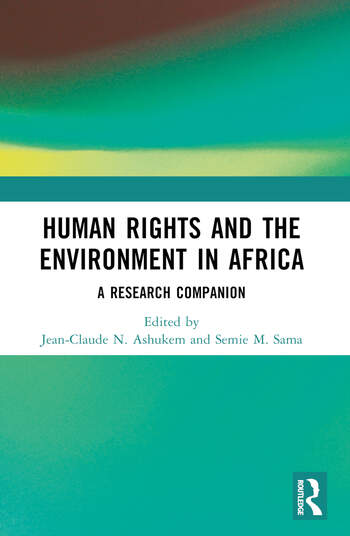
"The inefficacy of international law to address biodiversity loss in Africa: A quest for environmental sustainability through an Ecocentric approach"
Chané Clarece Henney
Jean-Claude N. Ashukem, Semie M. Sama
This chapter examines Africa’s biodiversity challenges under Sustainable Development Goal 15, focusing on ecosystem protection and land restoration. It explores the potential for extending legal personhood to non-human natural entities in Africa. The chapter critiques current anthropocentric approaches and advocates for an ecocentric perspective, rooted in Earth Jurisprudence, to protect non-human entities across the continent.

How our rights affect their rights: rethinking animal rights in Africa
Olusola Victor Olanipekun
Animal rights receive strong support in Western societies, with organizations and laws dedicated to protecting animals. In Africa, the picture is less clear. This paper explores whether animal rights hold similar weight across African contexts. It argues that widespread socio-economic and political challenges, along with ongoing struggles to secure human rights, have sidelined animal rights as a priority. The author concludes that if human rights are strengthend in Africa, it may lay the foundation for greater animal protection.
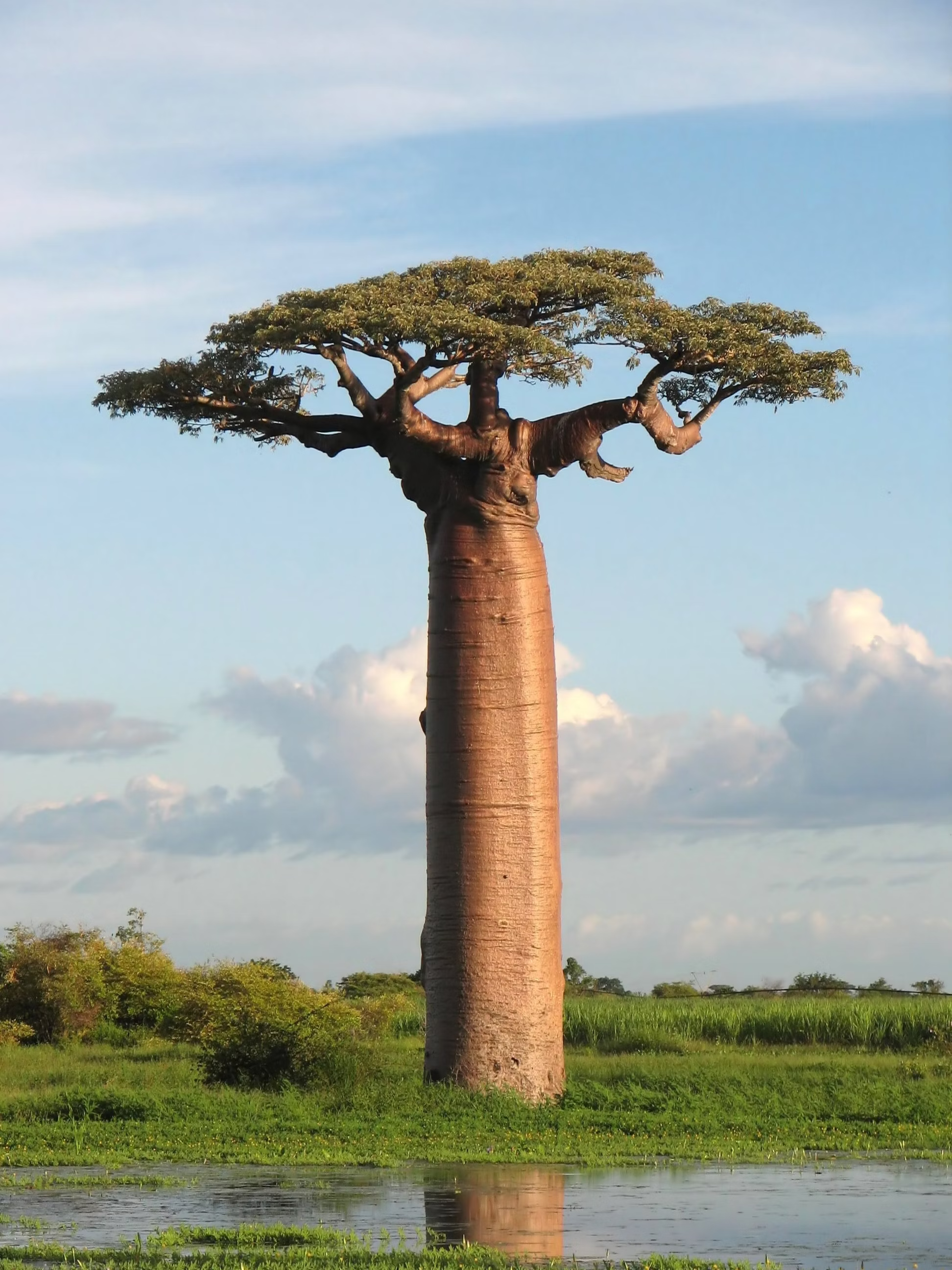
Terra Nullius: Race, Colonialism and Their Influence on International Environmental Law and Environmental Justice in Africa
Olalekan Moyosore Lalude et al.
Using a legal interpretive approach, this article argues that colonialism entrenched exploitative, anthropocentric models within African governance systems. As environmental justice gains greater attention in legal scholarship, it reveals how international environmental law, rooted in colonial structures, continues to marginalize African contexts. The article concludes that colonial legacies continue to sustain Africa’s environmental justice challenges, and that meaningful progress depends on reexamining and restructuring existing environmental governance systems.

A political ecology of wildlife conservation in Africa
Samantha Jones
This review traces shifts in African conservation from colonial models to community-based approaches. The author highlights power dynamics, evolving views of land, and critiques early strategies, with special consdieration of CAMPFIRE (Communal Area Management Programme for Indigenous Resources) in Zimbabwe and the rise of transboundary natural resource initiatives known as “peace parks”. Despite criticisms, the conclusion warns against abandoning community models and emphsaizes their continued relevance for equitable conservation and development.
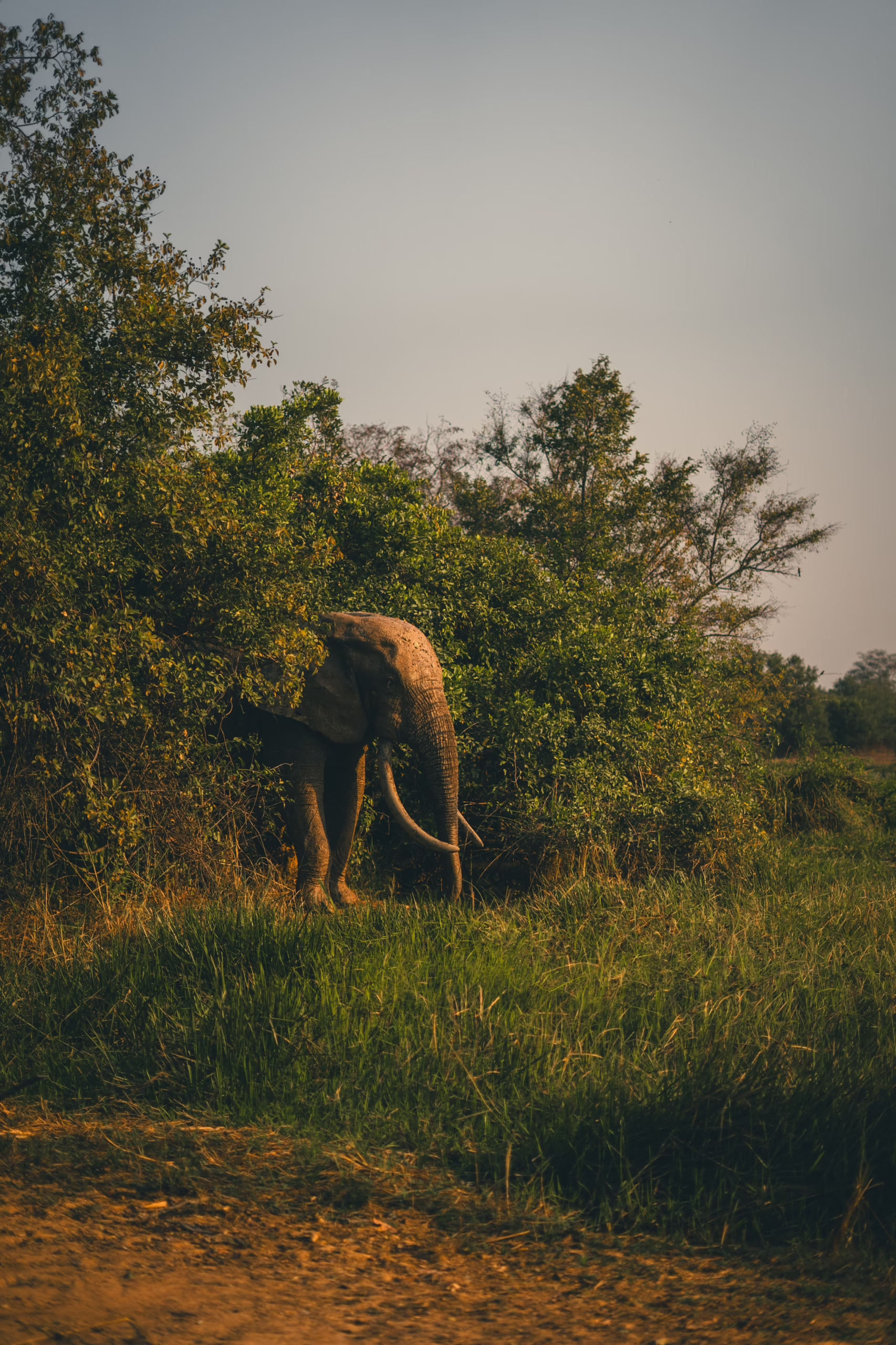
Bridging social and environmental risks: the potential for an emerging environmental justice framework in South Africa
Llewellyn Leonard
Post-apartheid civil society remains fragmented in addressing environmental risks, including pollution, privatization, and inadequate services. Unlike unified anti-apartheid movements this article explores the lack of a shared socio-environmental framework and identifies divisions that weaken collective action. The author addvocates for stronger collaboration across movements as an essential step to advance an environmental justice framework grounded in both ecological and social concerns.
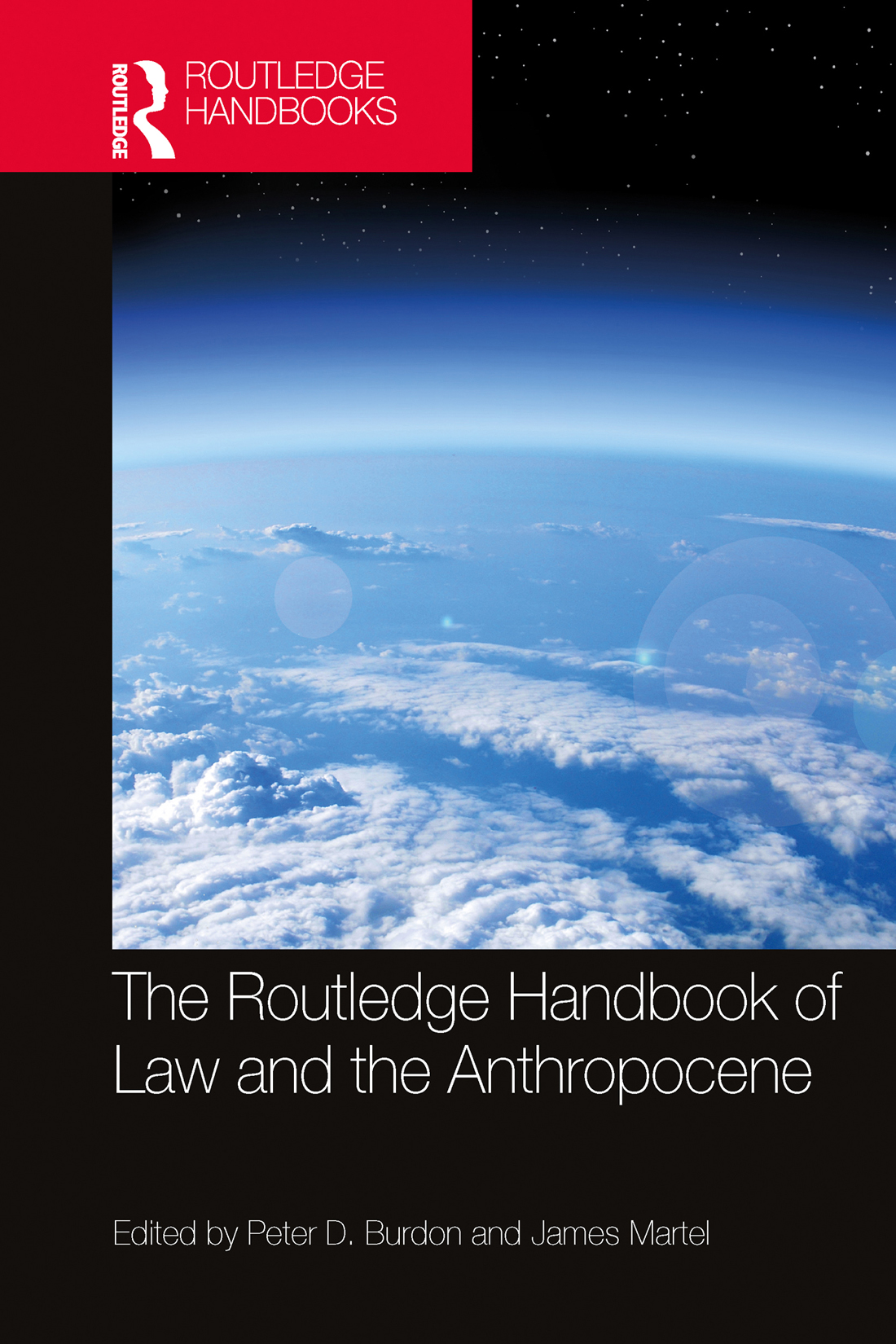
"The Sovereign Order of Tiƞa: Enduring Traditions of Earth Jurisprudence in Africa"
Anatoli Ignatov
Peter D. Burdon, James Martel
This chapter discusses Indigenous West African Earth Jurisprudence, focusing on traditions like the Gurene concept of Tiƞa, which views land as a multigenerational trust. It critiques Eurocentric legal frameworks that ignore ecological sovereignty and ancestral governance. The chapter highlights Earth Jurisprudence as a model to resist neoliberal land ownership and ecological degradation in the Anthropocene.
Photo Credit: A Reticulated giraffe enjoys the shade of an acacia tree in Lewa Conservancy, Kenya; David Clode/Unsplash